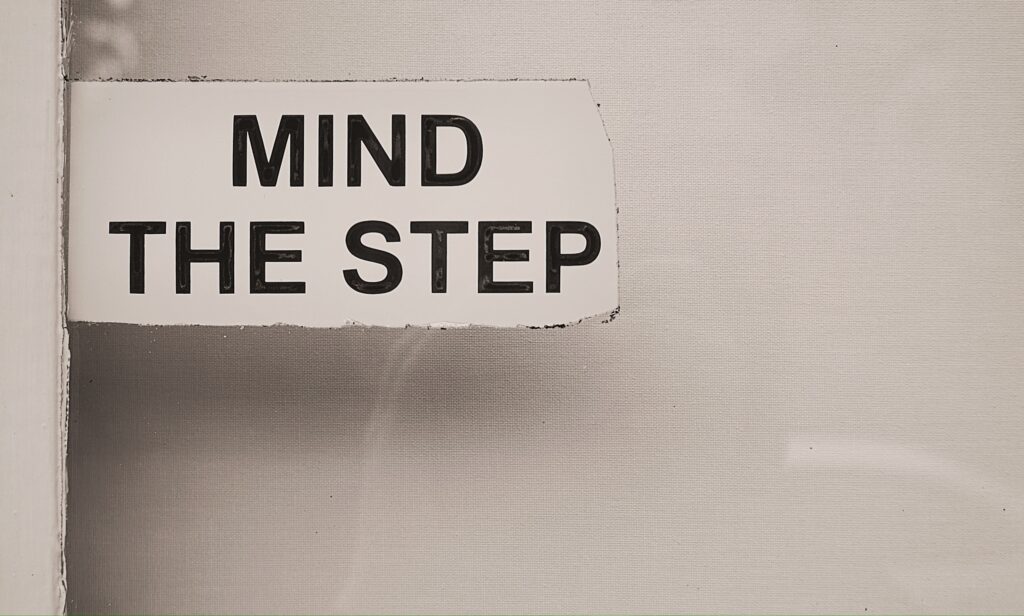Cases involving personal injury may be difficult to navigate, particularly when trying to make sense of concepts like carelessness and culpability. Despite their complexity, these legal ideas are essential for victims seeking justice. The purpose of this blog is to define these words and explain why they are important in the context of lawsuits involving personal injuries.
Negligence
A cornerstone of personal injury claims, carelessness often results in harm. When neglect is present, harm can occur, even if that was not the intention. To establish negligence, the following four key elements must be proven:
- Duty of Care: The defendant must owe the plaintiff a legal duty of care. For instance, a driver must operate a vehicle safely to prevent accidents and subsequent harm.
- Breach of Duty: There must be evidence of the defendant breaching their duty of care. This could involve texting while driving or failing to maintain safe premises.
- Causation: A direct connection between duty breach and harm to the plaintiff may make the defendant liable for damages. A direct correlation between the defendant’s actions and the harm inflicted must be demonstrated.
- Damages: To ensure victory, the plaintiff must meticulously document and demonstrate the various harms they have endured.
Liability
Liability, in the context of personal injury cases, refers to legal responsibility for the harm caused. Establishing liability is intricately tied to proving negligence. The defendant becomes liable for the plaintiff’s injuries and associated damages if negligence is proven. Liability can extend beyond individuals to entities like corporations, employers, or government agencies.
Shared Fault and Comparative Negligence
It’s worth noting that in some cases, both parties could share responsibility. Comparative negligence laws allocate damages based on the fault ratio of each party involved. The reduction in compensation is directly tied to the plaintiff’s level of fault.
For personal injury cases, grasping the concepts of negligence and liability is essential. A sturdy foundation builds a solid case and obtains appropriate compensation in these situations. Through expert legal guidance, you can effectively manage complex injury claims and receive the compensation you deserve.

